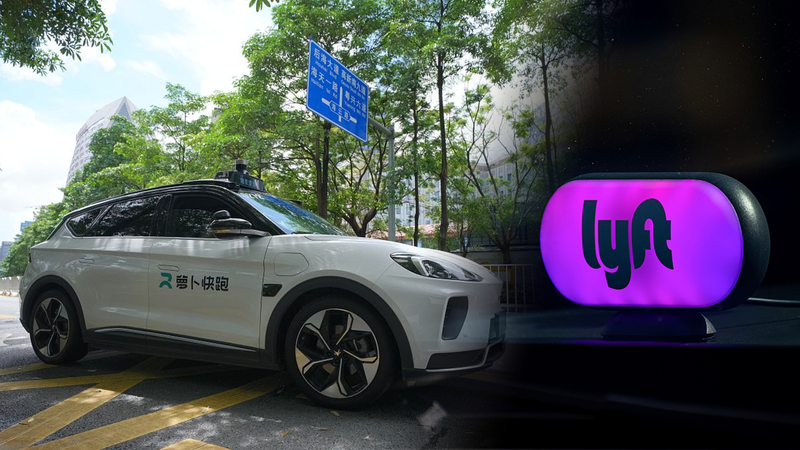Chinese Tech Giant Expands Autonomous Driving Ambitions
Baidu, China's leading internet company, announced plans to deploy its Apollo Go robotaxis through rideshare platform Lyft in Germany and Britain by 2026, pending regulatory approvals. The partnership marks a significant step in China's autonomous vehicle sector expanding beyond Asian markets.
Global Strategy Takes Shape
This follows Baidu's recent collaboration with Uber for robotaxi services in Asia and the Middle East. Lyft confirmed plans to scale operations to 'thousands' of autonomous vehicles across Europe in subsequent years, though specific markets remain undisclosed. The move comes as San Francisco-based Lyft strengthens its European presence through its April acquisition of German taxi app Freenow.
Domestic Innovation Fuels Overseas Growth
Chinese automakers and tech firms have invested heavily in self-driving technology, with over 500 robotaxis already operating in Wuhan's designated zones. Shanghai's Pudong district recently issued new permits, signaling accelerated domestic adoption. Competitors like WeRide and Pony.AI are pursuing similar international strategies, with pilot projects in Switzerland and Middle Eastern markets.
Regulatory Hurdles Ahead
While driverless taxis operate in limited U.S. and Chinese urban areas, European deployment faces complex approval processes. Neither company specified timelines for regulatory clearance, highlighting challenges in scaling autonomous mobility solutions across diverse jurisdictions.
Reference(s):
cgtn.com








